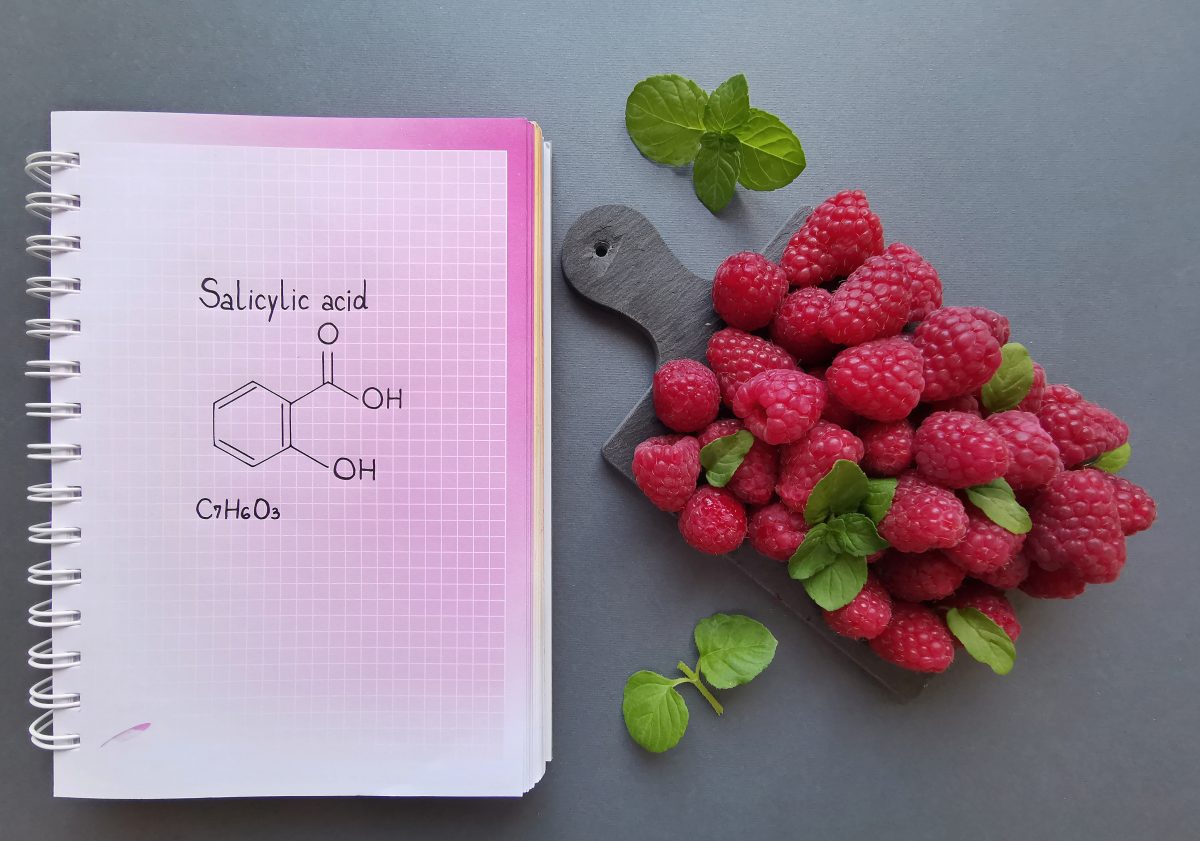Food Chemical Intolerance and IBS
- Dietary Advice (non Low FODMAP)
You may have a food chemical intolerance and not IBS. This type of intolerance causes similar symptoms but the triggers are different.
In this article, I will explain to you what a food chemical intolerance is and how you can diagnose it.
The good news is that if you have a food intolerance, you will have a certain tolerance level. This means that you will be able to manage small amounts without suffering with symptoms.

What is a food intolerance?
If you have a food chemical intolerance, this is very different to having a food allergy.
A food intolerance does not involve your immune system. Instead, you are just unable to digest the food affectively. This can lead to various symptoms.
What are the symptoms of food chemical intolerances?
The reaction you can get from having a food chemical intolerance will vary. Here are the most common reactions ( 1, 2).
- Hives
- Swellings
- Headaches
- Sinus trouble
- Mouth ulcers
- Nausea
- Stomach pains
- Bowel irritation
How Do Food Chemicals Cause Digestive Symptoms?
You may be interested to know how a food chemical can cause digestive symptoms. Unfortunately, the research in this area is rather limited.
There are many theories of how we develop food chemical intolerances but none are yet proven. There is some suggestion that perhaps they do involve the immune system like an allergy (3).
How Common Are Food Chemical Intolerances?
You will be wondering how likely is it that you have a food chemical intolerance. There really isn’t a lot of data to estimate how common they are.
There is 1 study from Japan suggesting 7.5% of the population have a food chemical intolerance. But this is a very specific population and may not be relevant to you (4).
Food Chemicals and The Low FODMAP Diet
You may initially be diagnosed with IBS as this is a common condition. From here it is likely you will want to try the low FODMAP diet.
What you may find is that the low FODMAP diet initially improves your symptoms but over time it is not so affective anymore. You will feel frustrated at reacting to foods despite them being low FODMAP.
FODMAPs and food chemicals are entirely different things. Reacting to low FODMAP foods is a clear sign that you have an alternative condition.
What are food chemicals?
You may be thinking that the ‘word’ chemical means something bad. But this is not always the case. Some chemicals are vitamins, aroma’s and flavours which we find naturally in foods.
Food chemicals may be naturally occurring or added to foods.
Which Food Chemical Sensitivities Cause Symptoms?
Amines
You will find amines in foods which have undergone some sort of fermentation, storage or ageing process.
Amines are naturally produced by bacteria.
One example of amines is histamine. You can read more about histamine intolerance in my blog post here.
It is difficult to estimate the quantity of amines found in food as this will depend on how it has been produced.
These are some common sources of amines you will recognise (5);
- Miso
- Tomatoes
- Cured meat
- Wine
- Blue cheese
Salicylates
If you have a salicylate intolerance, then your body with react to salicylic acid (6).
Salicylates are naturally found in many plant foods.
Common sources of salicylates (7).
- Granny apples
- Cherries
- Strawberries
- Ginger
- Honey
- Coffee
Glutamates
You can find natural glutamates in several foods or monosodium glutamate as a food additive.
Foods which contain glutamates? (8)
- Ripened tomatoes
- Cured meats
- Parmesan cheese
- Mushrooms
How Are Food Chemical Intolerances Diagnosed?
If you are unfortunate enough to suffer with digestive symptoms, then you will want to rule out food chemical sensitivities.
Sadly, there is no ‘test’ that can do this. Instead, you will need to complete the ‘Fail Safe Diet.’
The fail safe diet was originally designed by The Royal Prince Alfred Hospital in Australia.
This diet is similar to the low FODMAP diet, there is a period of avoidance and then reintroduction. The reintroduction is how you diagnose your intolerances based on symptoms.
Although it may be tempting to try the Fail Safe Diet on your own, please do not. It is complicated and your symptoms can easily be confused with FODMAP reactions.
If you want to trial the fail safe diet then please book a consultation with myself or my team. You can discuss this for free in an initial 15 minute call – book here.
Summary
Chemical food intolerances are common but poorly understood. You may find that your symptoms are similar to FODMAP reactions but there are few minor differences.
There is no ‘test’ for chemical intolerances. Instead, you will need to go through a few weeks of elimination followed by reintroduction.
Please always seek the advice of a dietitian before trialling this food restriction.